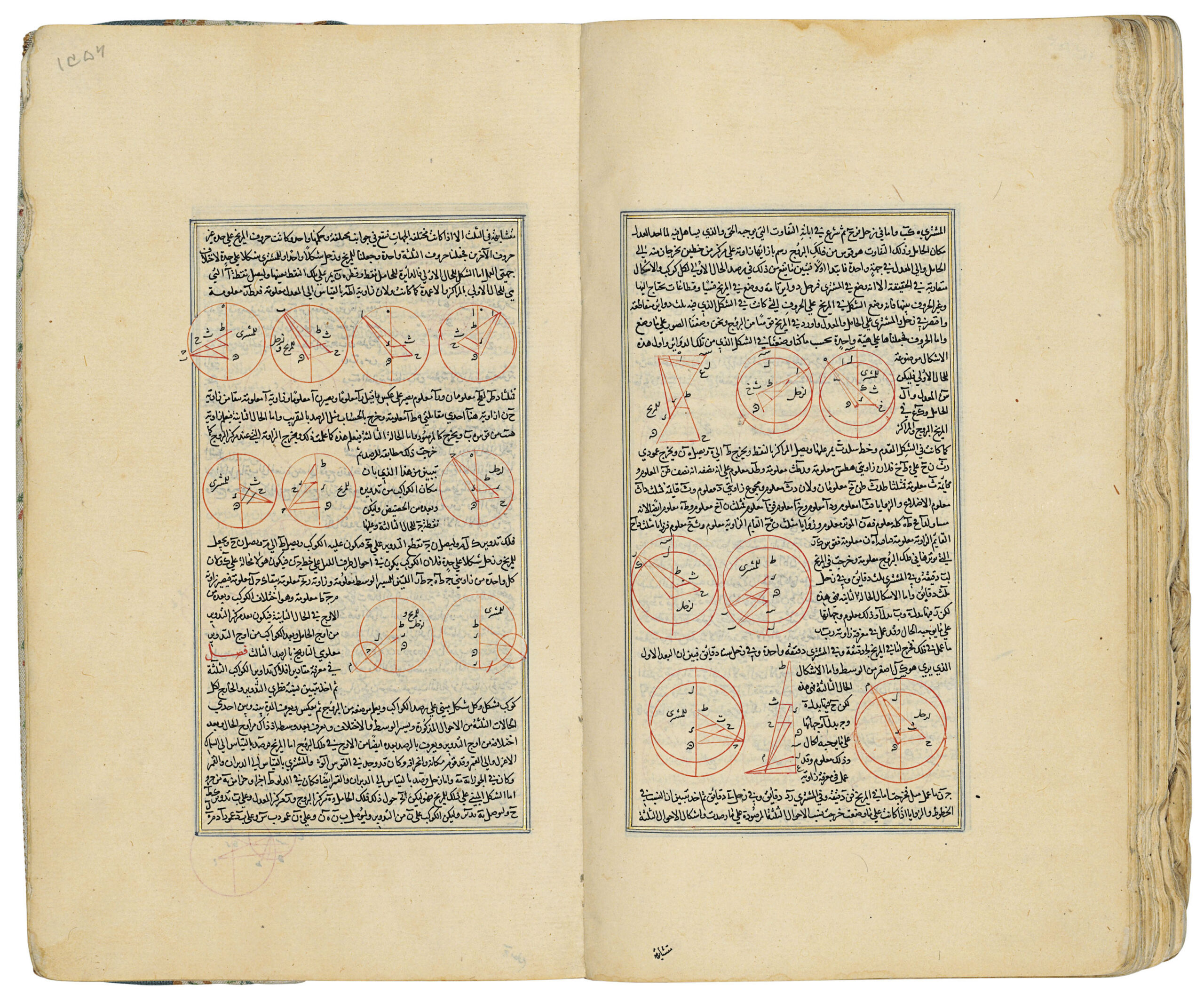The relationship between intellect and spirituality takes center stage in Ibn Husayn’s discourse on the soul. He contended that the soul’s nature transcends mere biological existence, encompassing dimensions that are spiritual and eternal. The exploration of the soul in Shia thought invariably leads to discussions on the afterlife, divine justice, and the ultimate purpose of existence. In this context, one might ask: How does this understanding of the soul influence modern Shia perspectives on morality and accountability?
In addition to his philosophical endeavors, Ibn Husayn made significant strides in medical sciences, laying down the foundations for diagnostic procedures and treatments that were revolutionary at the time. His medical texts illustrated a meticulous attention to detail and a methodical approach to healing that embraced both natural and supernatural elements. The Shia tradition, emphasizing the importance of health and well-being as blessings from God, finds a correlation in Ibn Husayn’s teachings, which insist on moral and ethical considerations in medicine. Would it then not prompt a reflection on how contemporary medical practice can reintegrate ethical dimensions into clinical decision-making?
While contemplating the intersection of faith and science, one cannot overlook the challenges posed by dogmatism. Ibn Husayn’s legacy champions a spirit of inquiry and skepticism that encourages individuals to question and seek the truth. This trait can be particularly enlightening amidst a modern landscape often characterized by ideological conflicts. How might an individual cultivate a mindset akin to Ibn Husayn’s in an age where misinformation proliferates? To engage thoughtfully with competing narratives requires a commitment to empirical evidence, critical thinking, and, perhaps most importantly, an embrace of humility—a humility that recognizes the limits of human understanding.
Tags
Share this on:
[addtoany]


